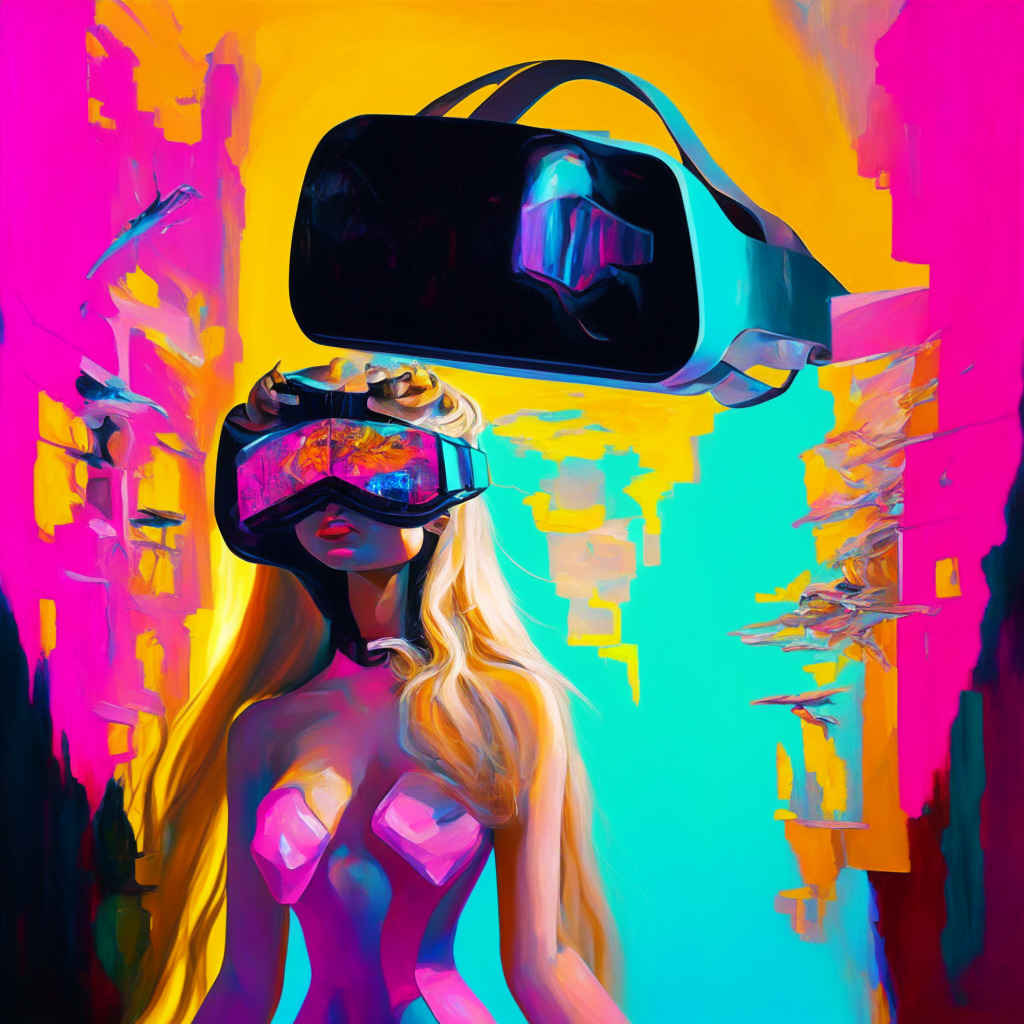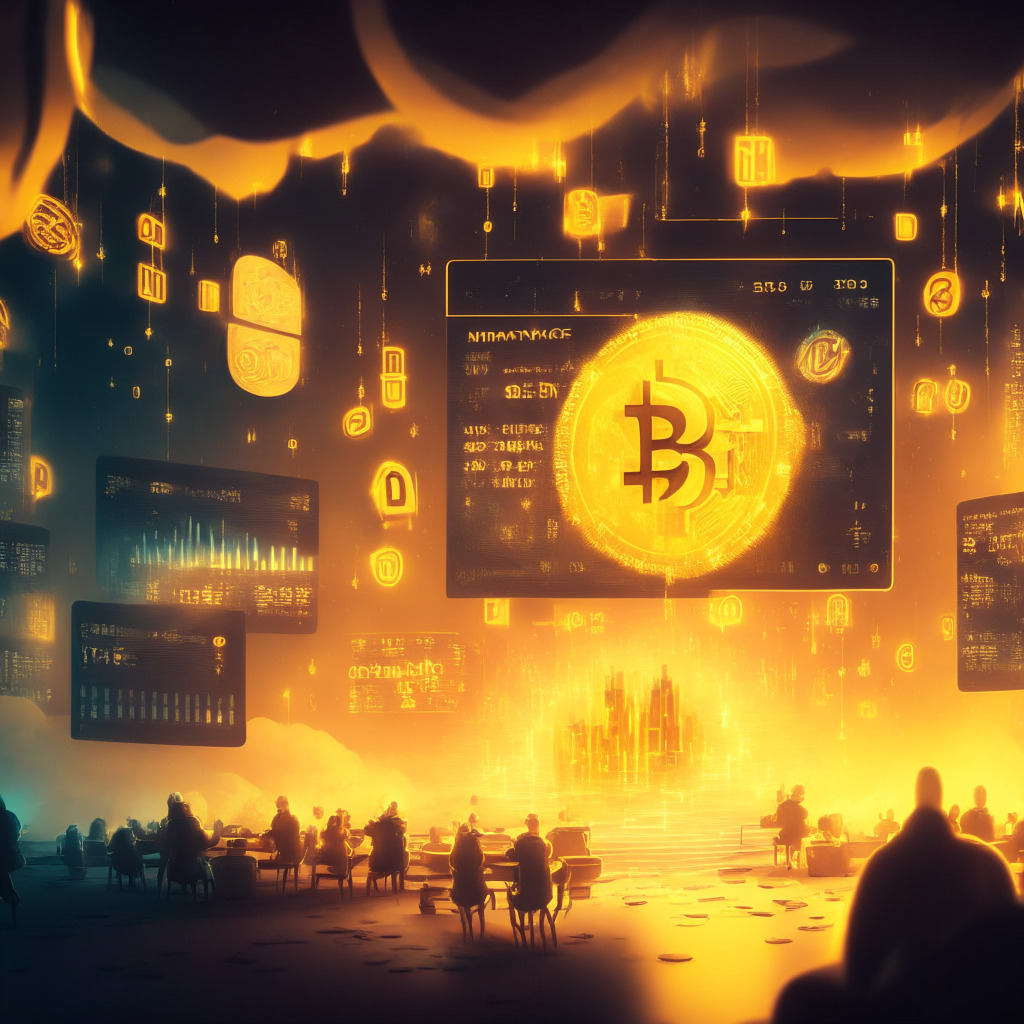The integration of blockchain technology into established and emerging markets is both praised and scrutinized. An interesting case comes from UK politicians rallying in the metaverse to explore the implications of Web3 technology. According to Natalie Elphicke, a parliamentary member who participated via a metaverse avatar, Web3 could potentially reconstruct the internet’s fabric serving as a significant game changer.
However, within this burgeoning scene, a rising skepticism pertains to nonfungible tokens (NFTs). Highly esteemed outlets like Rolling Stone have declared NFTs to be “completely worthless.” Citing a DappGambl study, the report claims that approximately 95% of over 23 million users’ NFTs essentially hold no monetary value. These opposing vantage points thus suggest a stark divergence in perceptions surrounding the value and utility of blockchain technologies.
Bitcoin Ordinals, an NFT protocol, was recently accused of congesting the Bitcoin network. However, according to Glassnode, an on-chain analytics firm, there isn’t substantial proof to validate such claims. They’ve found inscription users often set lower fee rates, indicating a willingness to wait for confirmation longer than the usual span. The inscriptions appear to purchase and consume the least costly available block space and easily give way for more pressing monetary transfers.
Japanese artist, Takashi Murakami, announced that he might no longer release NFTs, a move that has stirred reactions given that his collection, Murakami.Flowers, generated over $40 million in secondary trading volume according to OpenSea, an NFT marketplace.
Despite the aforementioned concerns and criticisms, blockchain advancements are gaining traction. For instance, Uniswap, a decentralised exchange, plans to seek approval for the second tranche estimated at $62 million to fund projects, clearly indicating the technology’s growing foothold despite opposing viewpoints.
This underlines the need for continued examination of blockchain technology’s advantages and bottlenecks. Different perspectives will inevitably emerge as the technology continues to evolve, making it crucial for regulatory bodies and institutions to strike a suitable balance that prioritises both innovation and consumer protection.
Source: Cointelegraph




